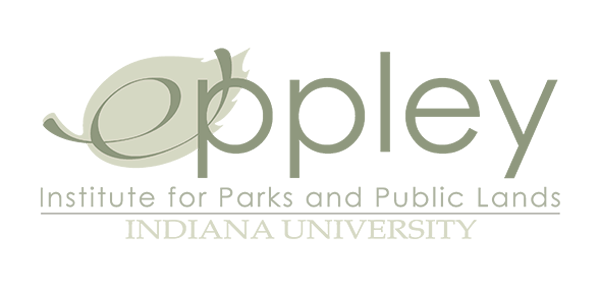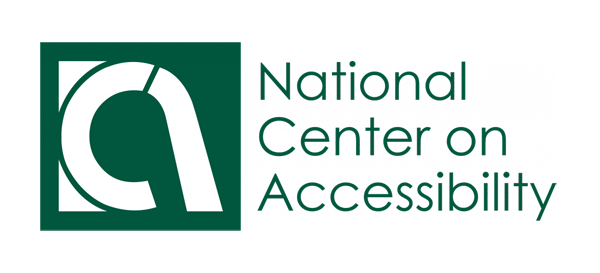
In keeping with societal need and Indiana Institute on Disability and Community (IIDC) initiatives, the Eppley Institute took an intentional and strategic path toward its efforts to advance diversity, equity, inclusion, and social justice (DEIJ) in parks, recreation, and public lands. The thoughtfully-considered approach involved all Eppley staff in focused training, careful environmental scans of trends and other benchmark organizational responses, and leadership direction from Indiana University and the IIDC. These processes positioned Eppley and its many programs to better address DEIJ issues in the future, with collaboration and excellence as a focus of any initiative. The focused approach taken over F2021 and 22, included:
- All Eppley staff members were provided with Implicit Bias, Inclusive Excellence, and additional training in 2021-22. The focus on this important facet of operations improved Eppley staff awareness into all aspects of the work we do within park and public land agencies. The training workshops resulted in a preliminary future action plan for DEIJ initiatives.
- Eppley added specific DEIJ based research and focus in all of its park and recreation system master planning to include equity analysis of parks, trails, and programs using GIS, census tract health, racial, and ethnic data, and disability to identify underserved populations and inclusion access.
- A draft strategic initiative plan of possible DEIJ programs and services that Eppley may undertake was outlined for review by Eppley’s National Advisory Board and IIDC leadership.
If 2021-22 was Eppley’s efforts to improve its capability around DEIJ issues, it was also a year where Eppley continued to focus on inclusion and access for all people in the projects it completed. With funding from the National Park Service, and IIDC through state appropriations, Eppley was able to impact inclusion for individuals with disabilities and mobility challenges in various ways.

Funded externally by the National Park Service, Eppley’s National Center on Accessibility was able to complete assessment projects at five units of the National Park Service:
- Acadia National Park in Maine
- Lincoln Home National Historic Site in Illinois
- Fort Donelson National Battlefield in Tennessee
- Fort Monroe National Monument in Virginia
- Thomas Edison National Historical Park in New Jersey
These five projects provided National Park Service managers with clear recommendations as to the most pressing challenges to inclusion and access for all people, and a guide for improving these challenges based on ease of implementation, cost, and other factors.
Eppley’s DEIJ contributions in 2021-22 were amplified by other initiatives around education training and assessment. Led by Ross Edelstein, an Eppley PhD student in Special Education, and former Eppley Accessibility Project Manager, Michelle Cook, Eppley was featured as a presenter in accessibility workshops at The Kennedy Center’s Leadership Exchange in Arts and Disability (LEAD) Conference in Raleigh, NC in August 2022. Further, Eppley will initiate an Accessibility Assessment-Training for Indiana State Park employees at Spring Mill State Park with planning in 2021-22 and an October 2022 event date.
A final set of initiatives around DEIJ focused on research projects attempting to assess the inclusion of individuals with autism through the Park Autism Research Knowledge Synthesis (PARKS) project. This new initiative by the Eppley Institute, is the first formal research conducted about the autistic experience within parks. This participatory research project has started with an Indiana needs assessment seeking feedback from Autistic adults, parents of Autistic people, and park professionals, in order to help create community-centered solutions.
Looking ahead, the Eppley staff’s commitment to robust support of DEIJ issues is also focused on creating online training, possibly a certificate program, for park, recreation, and public land managers. Many other initiatives are found in the strategic initiatives plan that the Eppley Institute’s National Advisory Board will be reviewing in early 2022-23 fiscal year.